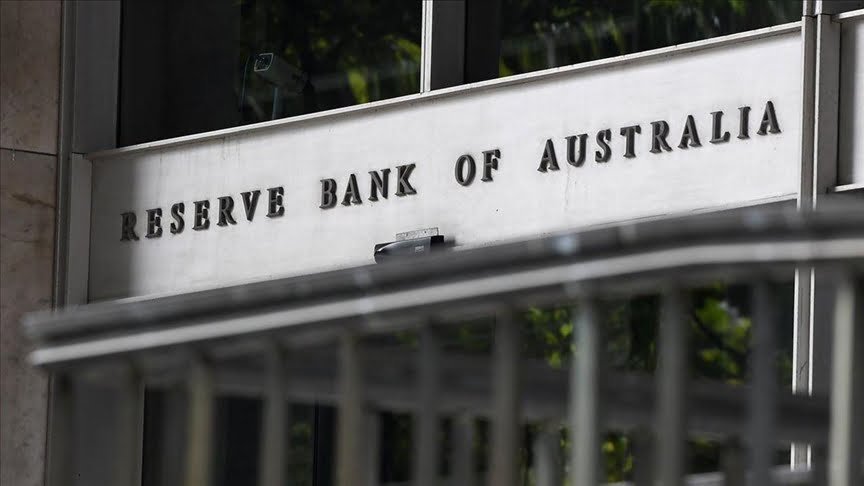Contents
The Reserve Bank of Australia deliberated During its convened session today to effectuate a 25-basis-point increase in the cash rate target. Resulting in a new rate of 4.35 percent. In a concurrent measure, the interest rate associated with Exchange Settlement balances augmented by 25 basis points. And now standing at 4.25 percent.
Within the Australian economic context, it is notable that while inflation has transcended its zenith. But it remains elevated and manifests a greater degree of tenacity than previously envisioned in recent months. The most current data gleaned from the Consumer Price Index (CPI) reveals that while inflationary pressures on the prices of tangible goods have experienced moderation. The costs associated with numerous services continue to exhibit a robust upward trajectory.
The central forecast of The Reserve Bank of Australia predicates a gradual abatement in CPI inflation. Still the pace of descent is anticipated to be more measured than initially prognosticated. Projections indicate that CPI inflation is poised to approximate 3½ percent by the conclusion of 2024. Which potentially scaling the upper threshold of the targeted range spanning from 2 to 3 percent by the terminus of 2025. In response to these developments, the Board determined that an augmentation of interest rates is requisite at this juncture to foster greater assurance that the inflation target can achieved within a reasonable time frame.
The Reserve Bank of Australia: Between Interest Rates and Economic Evaluation
It is noteworthy that the Board of The Reserve Bank of Australia had sustained a consistent stance on interest rates since the onset of June. Subsequent to a cumulative 4-percentage-point increment initiated in May of the prior year. This approach underpinned by the aspiration to cultivate a more sustainable equilibrium. That was mainly between supply and demand dynamics in the national economy.
Furthermore, the Board of The Reserve Bank of Australia acknowledged that the ramifications of the more recent interest rate adjustments are yet to fully permeate the economic landscape. Consequently, the decision to maintain interest rates unaltered was underpinned by the rationale of affording an adequate period for an in-depth evaluation of the consequences stemming from the aforementioned rate modifications. Specifically, the Board The Reserve Bank of Australia articulated its intent to closely monitor developments in the global economic milieu, trends in household expenditure patterns. As well as the prevailing outlook concerning inflation and the labor market.
Also Read: The Australian Dollar Near Key Level After Intraday Losses
RBA’s Transition to Less Frequent Evaluations and Market Reactions
The forthcoming December review marks the concluding installment of the RBA’s monthly evaluation cycle.
In 2024, the RBA intends to revert to less frequent assessments. That with reviews occurring approximately every six weeks. Which aligning its practices more closely with the conventional approaches of major central banks globally.
The initial financial market response has witnessed the depreciation of the Australian Dollar (AUD). As it declined from 65.0 US cents to 64.6 US cents, persistently weakening at the time of this update. Conversely, the New Zealand Dollar (NZD) has appreciated by +40 basis points against the AUD. Meanwhile, Australian 10-year Government bond yields have marginally receded, with the 10-year yield down by -4 basis points and the 2-year yield down by -6 basis points. Thus far, equity markets have displayed limited reactivity, maintaining a predominantly bearish disposition. In summation, the exhibited reactions, although currently measured, underscore the fact that the impending interest rate hike has largely been assimilated into market expectations.
Do you need help in finding the best crypto exchange for your needs?
Click here: The Best Crypto Exchange Finder
Disclaimer:
Please note that this article serves solely for informational purposes. As such, it is not financial advice. We strongly advise readers to conduct thorough research and consult with financial professionals before making any investment decisions.








